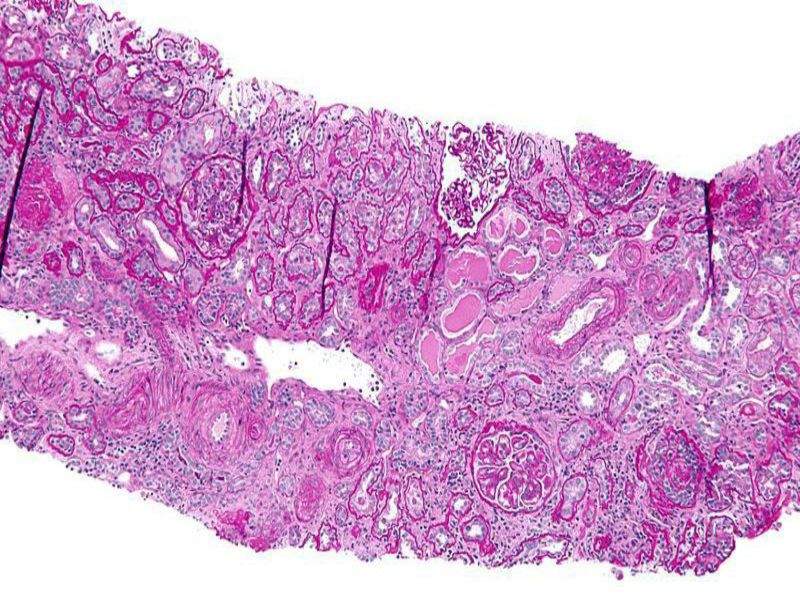

US-based biopharmaceutical company Omeros has reported positive results from its ongoing Phase II clinical trial of OMS721 for the treatment of patients with hematopoietic stem-cell transplant-associated thrombotic microangiopathy (HCT-TMA).

Discover B2B Marketing That Performs
Combine business intelligence and editorial excellence to reach engaged professionals across 36 leading media platforms.
OMS721 is a human antibody of MASP-2, a new pro-inflammatory protein target involved in activation of a component of the immune system known as complement system.
The trial results from seven patients were found to be consistent with previously reported results and indicated statistically significant and clinically meaningful improvements such as mean platelet count, mean LDH and mean haptoglobin.
The uncontrolled Phase II trial is being conducted in patients with one of three types of TMA, including HCT-TMA.
The study is enrolling adult patients with post-transplant TMA persisting at least two weeks after the calcineurin inhibitor modification.

US Tariffs are shifting - will you react or anticipate?
Don’t let policy changes catch you off guard. Stay proactive with real-time data and expert analysis.
By GlobalDataOmeros chairman and chief executive officer Gregory Demopulos said: “We are excited about the consistently positive results in this study.
“HCT-TMA is frequently fatal and there is no approved treatment. We plan to discuss our data with the FDA and international regulatory agencies as we continue to design an efficient Phase III programme, with the objective of accelerating access to OMS721 for physicians and their patients.”
The trial's primary efficacy endpoint is change in platelet count, while other efficacy endpoints include changes in lactate dehydrogenase (LDH) and haptoglobin levels.
Neither the adverse events reported nor the deaths that occurred during the course of the study are considered to be associated with OMS721 treatment.
The drug is being further evaluated in a Phase III trial for atypical hemolytic uremic syndrome and in another Phase II trial for glomerulonephropathies.
Image: Micrograph of thrombotic microangiopathy. Photo: courtesy of Nephron/Wikipedia.





